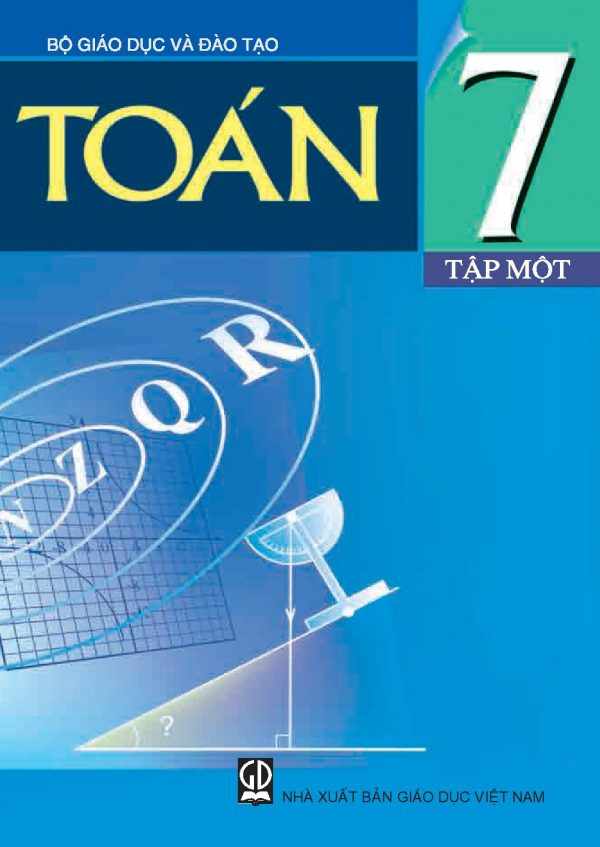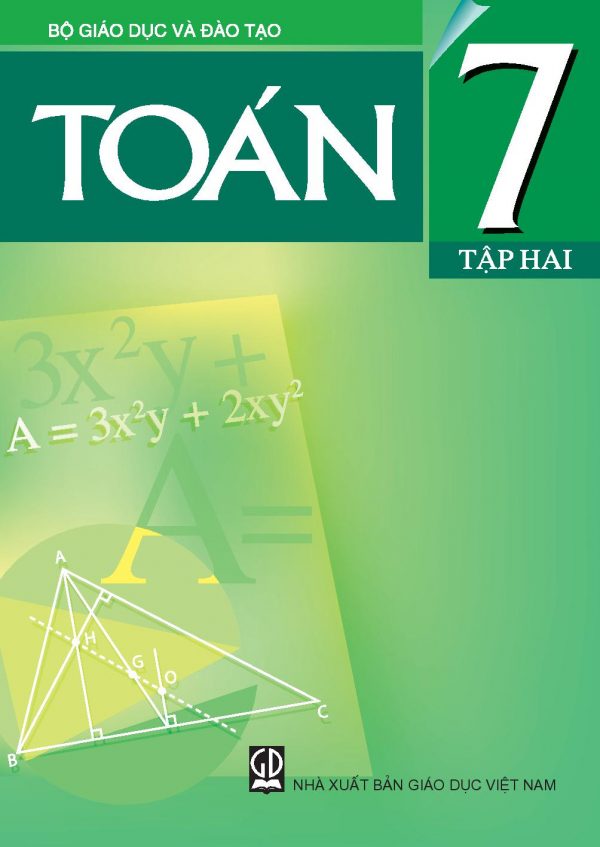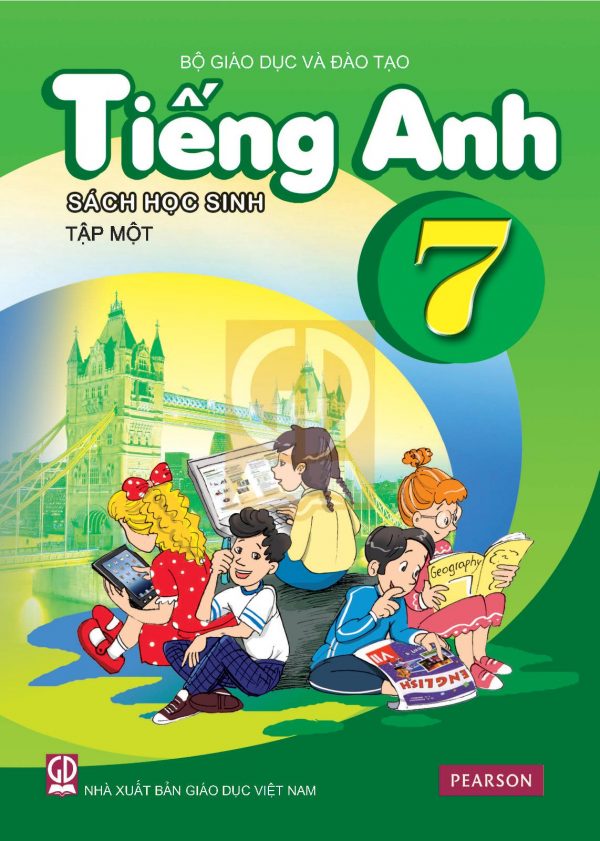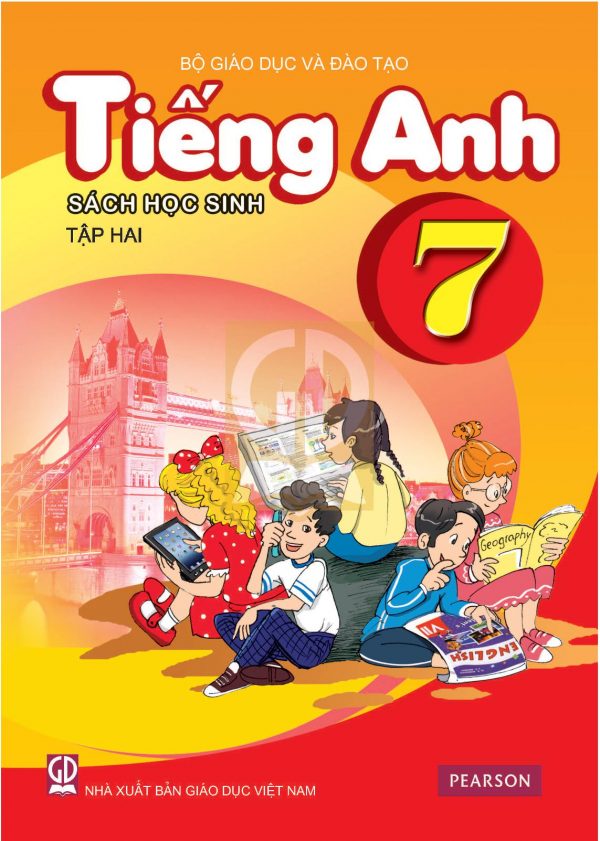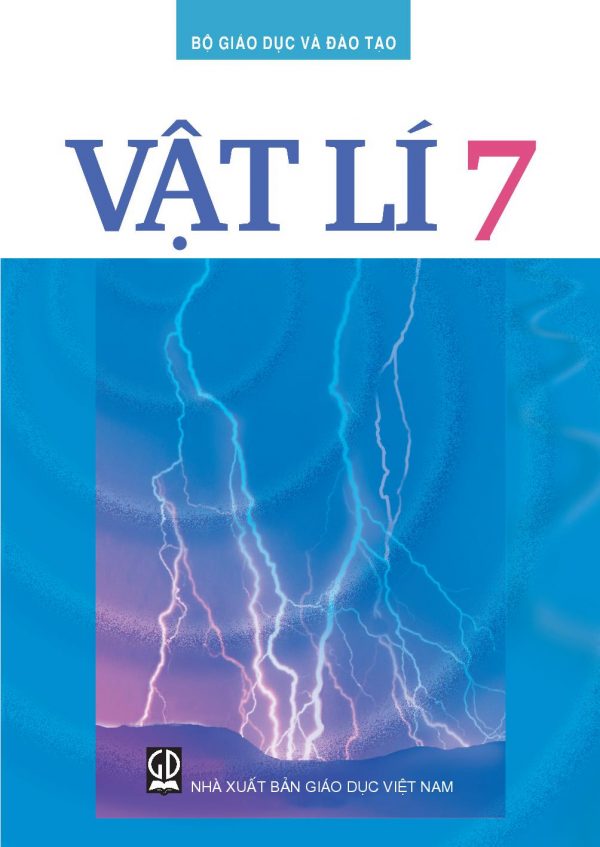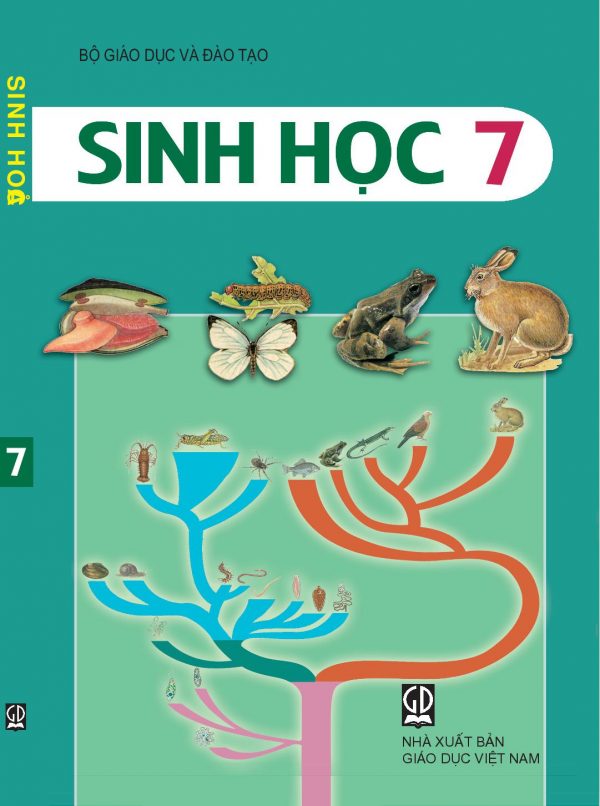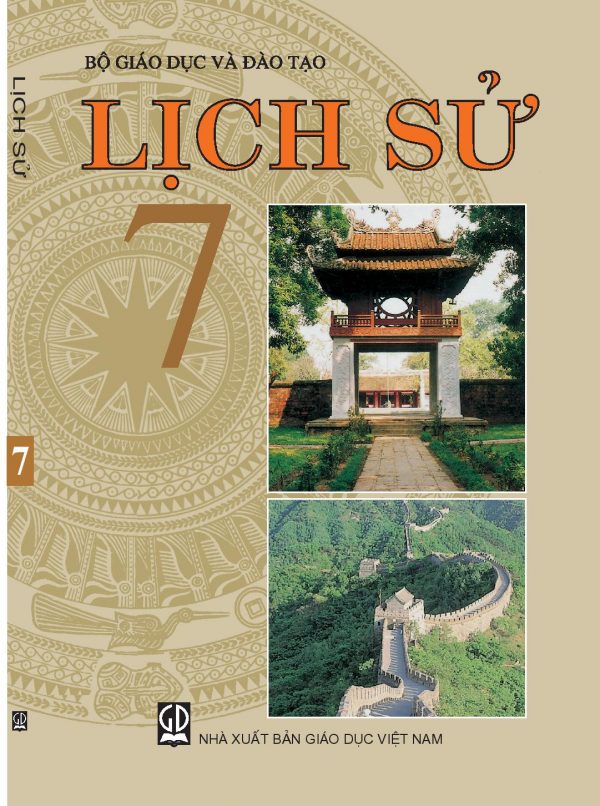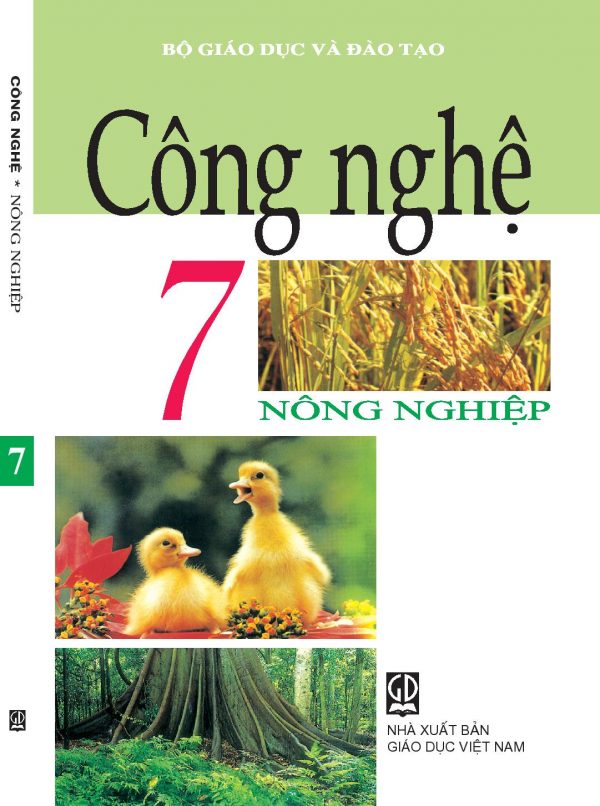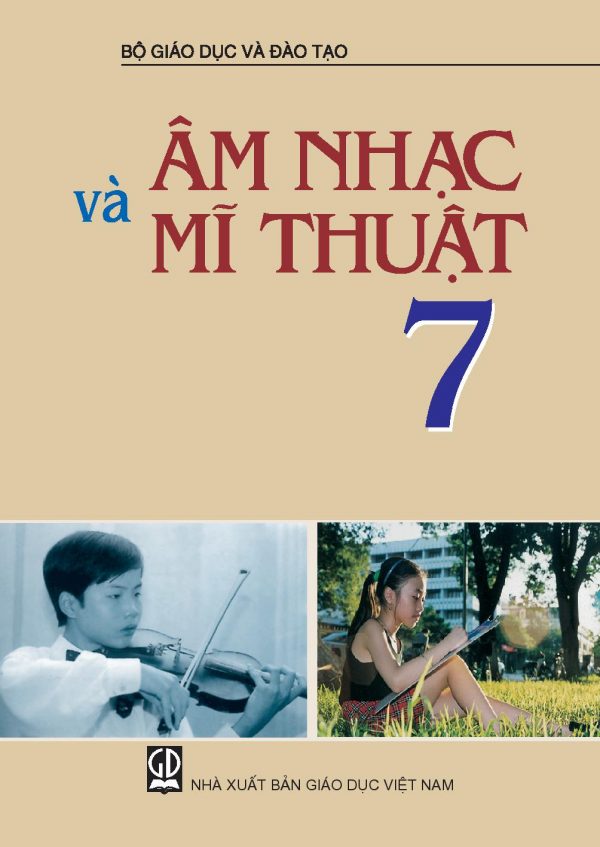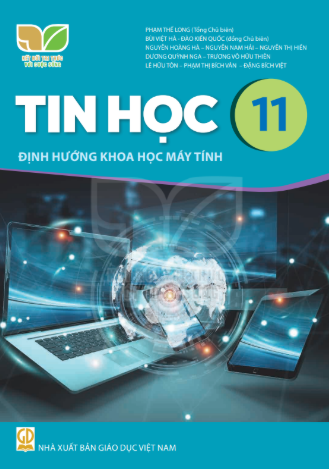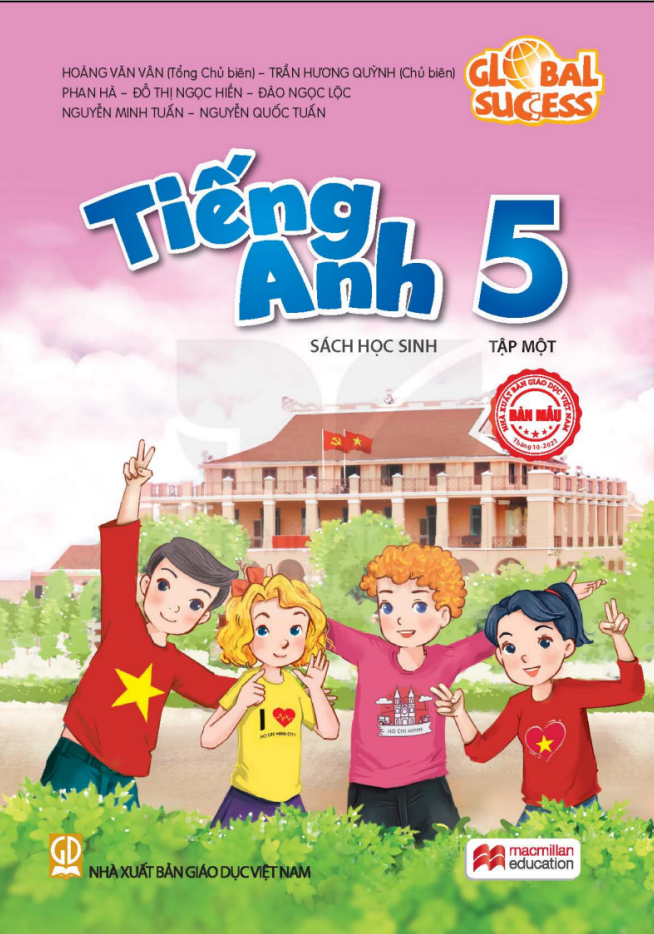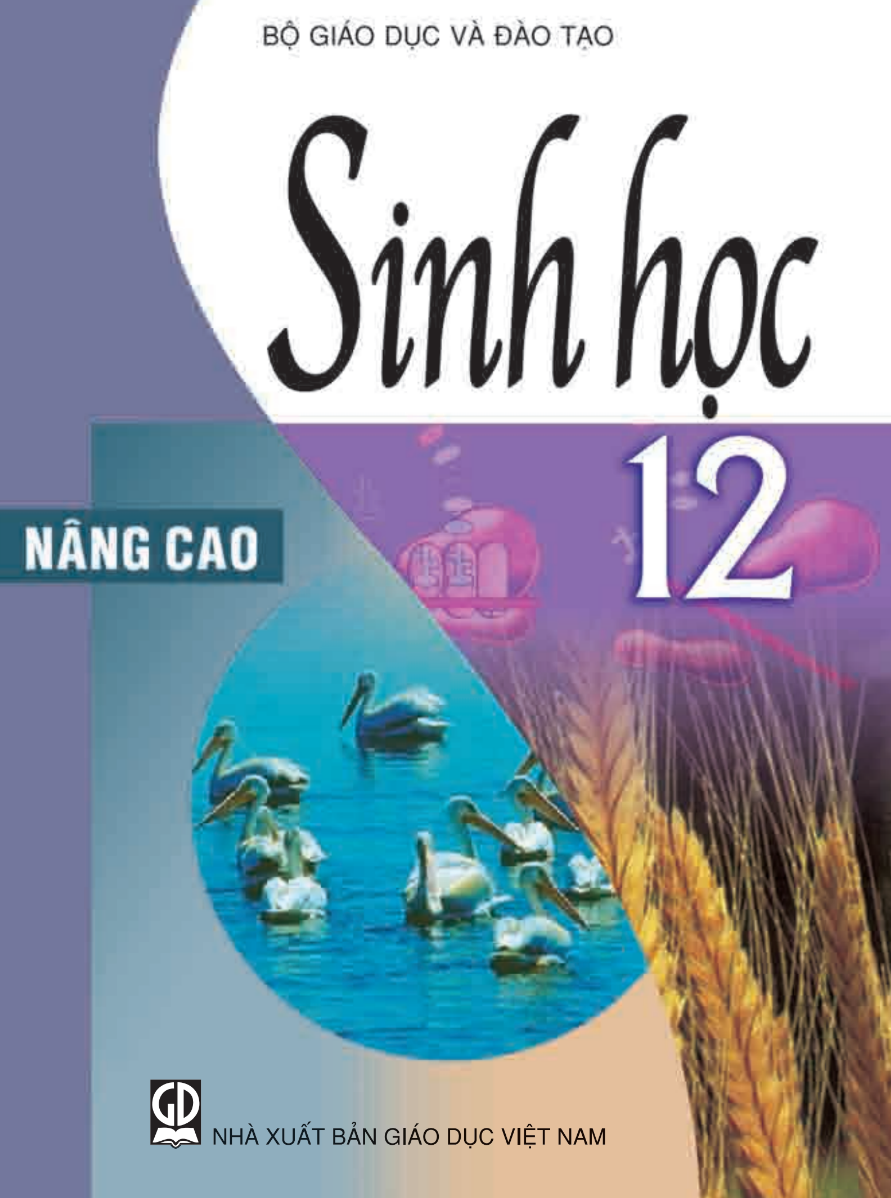Page 118
be
| Affirmative | Negative |
| Full form | Short form | Full form | Short form |
| I am | I'm | I am not | I'm not |
| He / She / It is | He / She / It's | He / She / It is not | He / She / It isn't |
| You / We / They are | You / We / They're | You / We / They are not | You / We / They aren't |
We can't leave subject pronouns out of a sentence.
It's a good idea. Is a good idea.
In spoken and informal written English, we use short forms.
| Questions | Short answers | |
Am I happy? Is he / she / it happy? Are you / we / they happy? | Affirmative | Negative |
| Yes, I am. Yes, he / she / it is. Yes, you / we / they are. | No, I'm not. No, he / she / it isn't. No, you / we / they aren't. | |
We use short forms in negative (but not affirmative) short answers.
'Is she Turkish?' 'No, she isn't.' 'Yes, she's.
Question words go before the verb be.
Where are they from? They are from where?
Usage
We use the verb be to give and ask about personal information.
I'm Esin and I'm thirteen. Are you from Prague?
Possessive adjectives, possessive pronouns
| Subject pronouns | Possessive adjectives | Possessive pronouns |
| I he / she / it you / we / they | my his / her / its your / our / their | mine his / hers / its yours / ours / theirs |
Possessive adjectives
Usage
Possessive adjectives show that something belongs to a person.
That is Harry's bag. That is his bag.
Possessive pronouns
Usage
We use possessive pronouns in place of a full noun phrase to avoid repeating words.
Whose car is this? Is it yours? Is it your car?
Articles
Usage
We use a / an to talk about something for the first time.
There's a book on the table.
We use the when we mention something again.
The book is about history.
We use zero articles to talk about things in general.
I like books.
have got
| Affirmative | Negative |
| I've got a pen. He's / She's / It's got a pen. You've / We've / They've got a pen. | I haven't got a pen. He / She / It hasn't got a pen. You / We / They haven't got a pen. |
In spoken and informal written English, we use short forms.
| Questions | Short answers | |
Have I got a pen? Has he / she / it got a pen? Have you / we / they got a pen? | Affirmative | Negative |
| Yes, I have. Yes, he / she / it has. Yes, you / we / they have. | No, I haven't. No, he / she / it hasn't. No, you / we / they haven't. | |
We make short answers with have, but without got.
Yes, I have. Yes, I have got.
Usage
We use have got to talk about possession, family relationships and things that we need to do.
I've got a history book.
They've got a maths exam.
there's, there are
| Singular | Plural | |
| Affirmative Negative Questions | There's a computer lab. | There are two new students. |
| There isn't a sports field. | There aren't any new boys. | |
| Is there an exam on Thursday? | Are there any new teachers? |
In spoken and informal written English, we use short forms. However, there is no short form of there are.
There are notes in the notebook. There're notes in the notebook.
Usage
We use there's / there are to say what we know does or doesn't exist. We also use it to say what we can or can't see.
